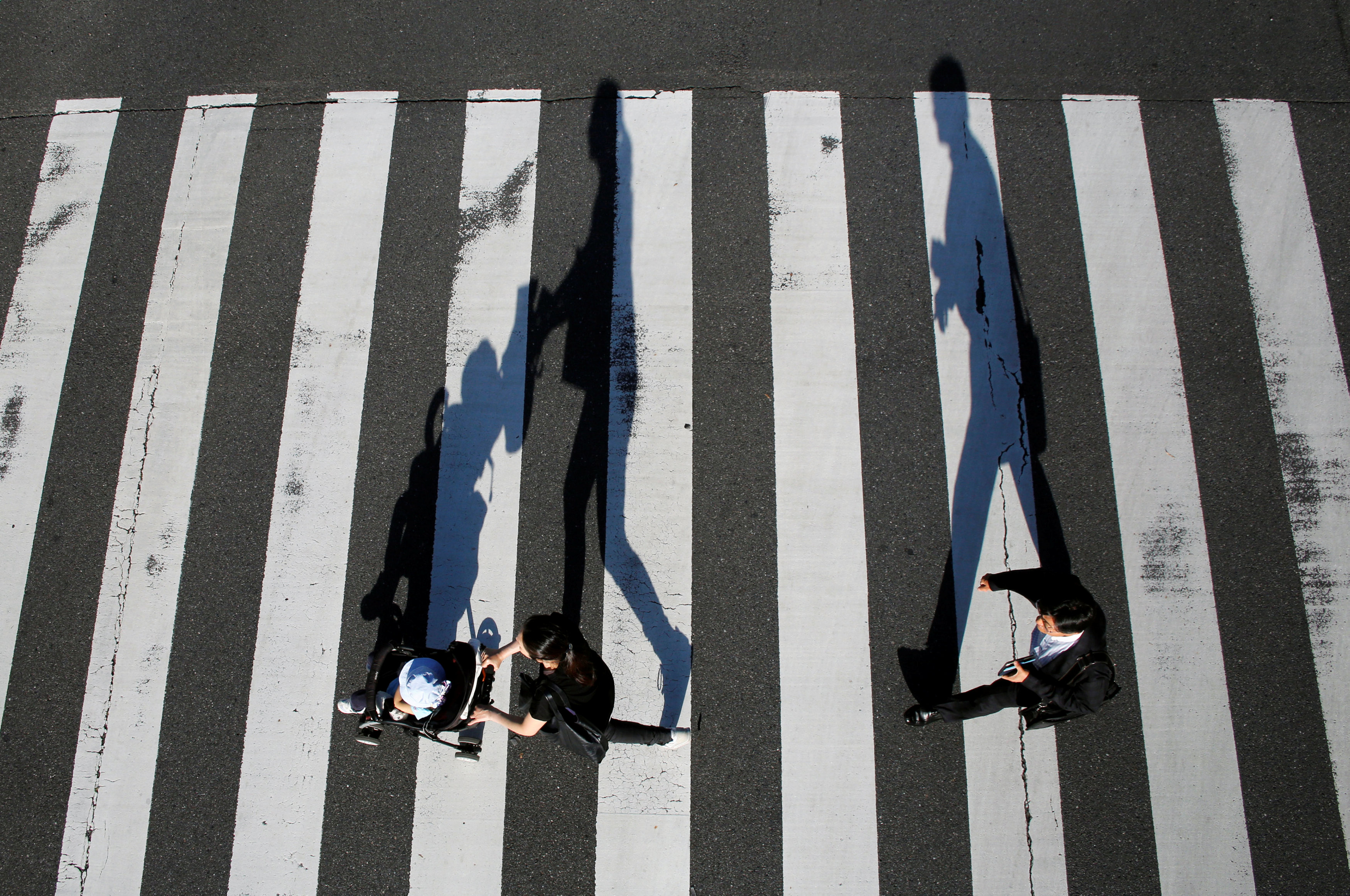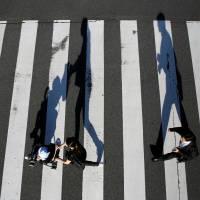The annual number of babies born in Japan fell below 1 million for the first time in 2016, while over 1.3 million people died, resulting in the largest population decline on record, a government survey showed Friday.
A total of 976,979 babies were born in 2016, down 28,698 from a year earlier and the lowest number since records began in 1899. The number of deaths also rose to a postwar high of 1,307,765, resulting in a record population decline of 330,786, the health ministry said.
The country's total fertility rate — the average number of children a woman will bear in her lifetime — was 1.44, down 0.01 point, according to the ministry.
Japan is said to require a fertility rate of 2.07 in order to maintain its population.
The figures show that it will be harder for the government to achieve its fertility rate target of 1.8 by the end of fiscal 2025 and its goal of maintaining the population at around 100 million people in 2060.
The number of births has fallen gradually since the 1970s baby boom, during which more than 2 million babies were born annually. The number dropped below 1.5 million in 1984 and 1.1 million in 2005.
The number of babies born in 2016 to women in their 20s was 13,911 fewer than the year before, while among mothers in their 30s it fell by 14,962. Among mothers in their 40s, however, the figure increased by 1,009.




